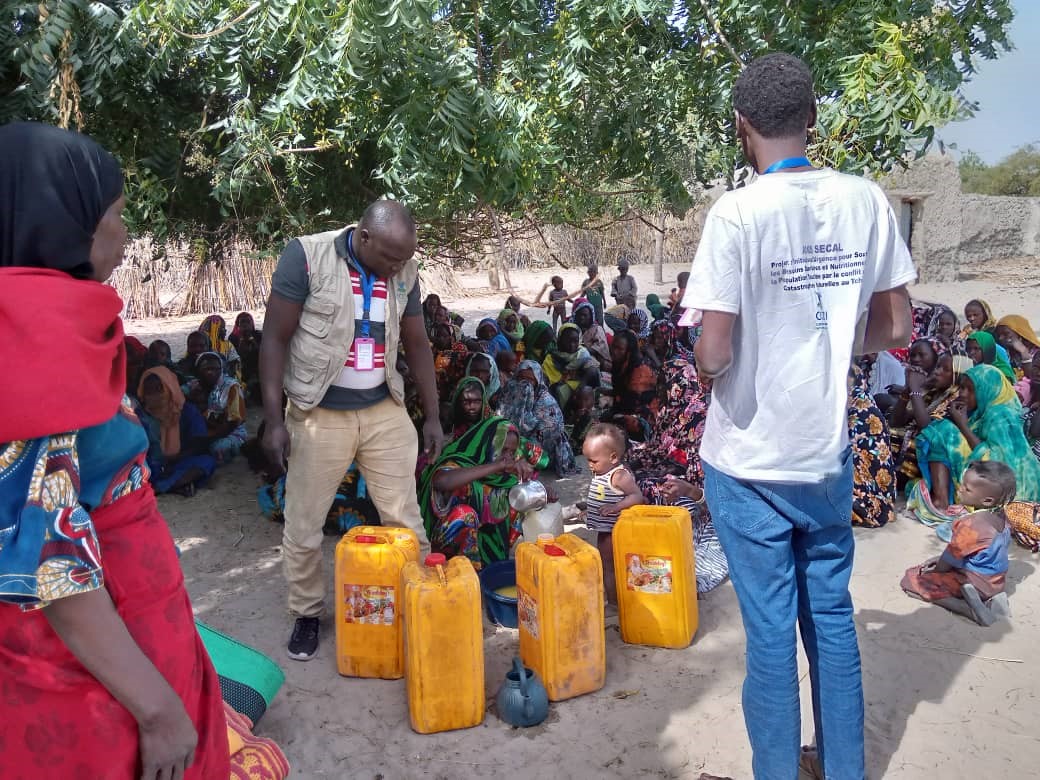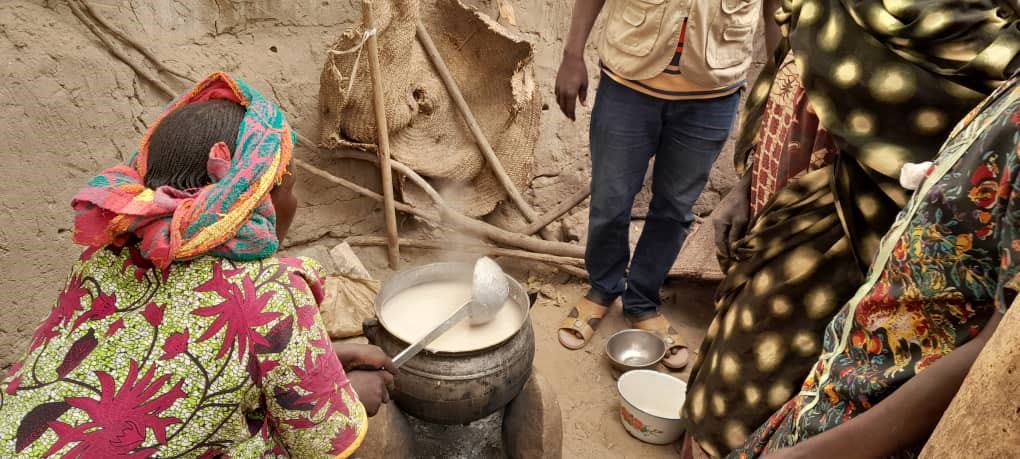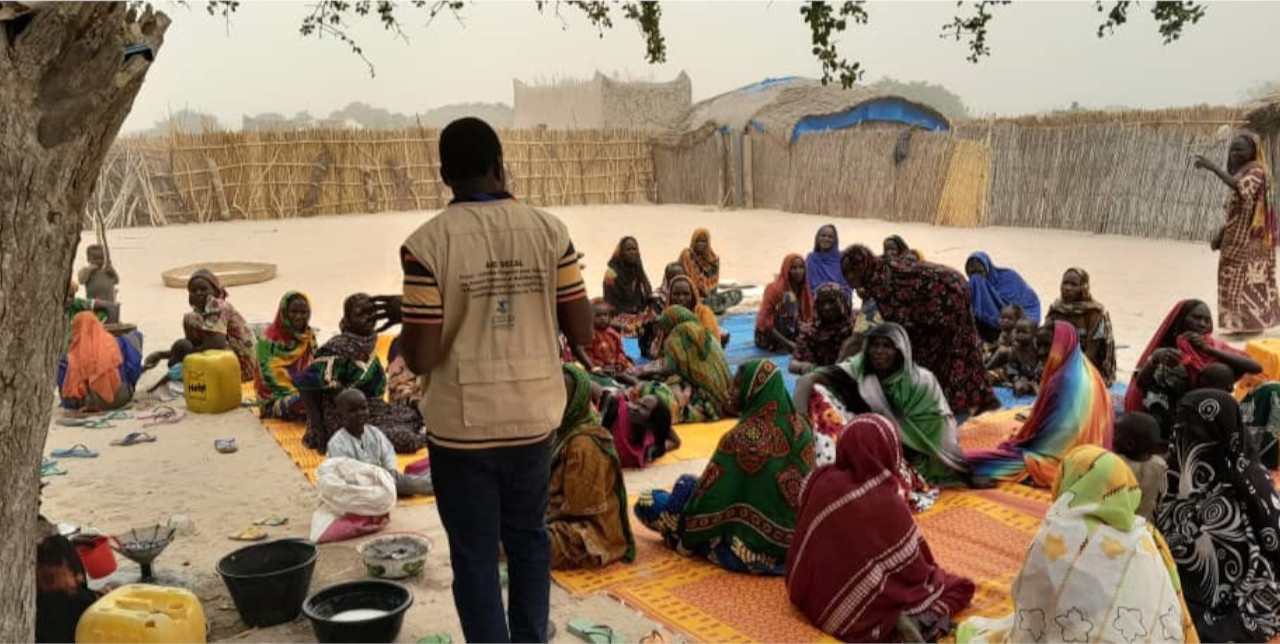15-03-2023 | di COOPI
Lake Chad. 28 women leaders in food security
In the Lake region, 28 women from the Mamdi department have been trained in topics such as preventing and combating malnutrition and more efficient farming and breeding techniques, and are now able to pass on the knowledge they have learnt to over 1680 families in the area. These women, regarded as leaders because of the example they are setting, have also received economic support to strengthen their income-generating activities. By doing so, their personal and family income has increased and can thus ensure a decent level of food security. As a result, their autonomy and decision-making role within the household has become progressively more marked and defined.

The central role of these activities is part of the project "Emergency initiative to support the health and nutritional needs of the population affected by conflicts and natural disasters in Chad", financed by the Italian Agency for Development Cooperation (AICS) and implemented by COOPI - Cooperazione Internazionale from August 2022. The overall objective of the project is to contribute to the improvement of the living conditions of vulnerable populations in Chad, through the promotion of food security and a constant awareness-raising of women and men, so that they recognise themselves as equal actors of development and change.
In Chad, women play a key role in the family food system, both in agricultural production, processing and storage, and in food preparation and distribution. Consequently, the process of strengthening food security in the Lake Chad area sees them as key players. Moreover, the value of the maternal relationship in child development means that mothers can make a difference to the well-being of their children.

However, gender inequality is ingrained in society, and women often face unfair situations in their daily lives. This is even more true in the rural areas of Lake Province, where women are generally in charge of less lucrative agricultural activities such as subsistence food production, mostly for household consumption. This makes it more difficult for them to access credit than men, and consequently the expansion and diversification of their economic activities remain very limited. Moreover, women's income and business funds are often depleted because they are used to meet household expenses.
Chad is going through two crises of a different nature: on the one hand, the presence of armed and terrorist groups in the Lake region forces the population to continually migrate internally; on the other hand, the entire country is a visible victim of climate change: recurring droughts expose the population to acute vulnerability, particularly from a nutritional point of view. COOPI's presence in the country, dating back to 1976, allows it to have a thorough knowledge of the problems that afflict it and to work on the ground to find the best solutions, supporting the communities.




 Chad
Chad